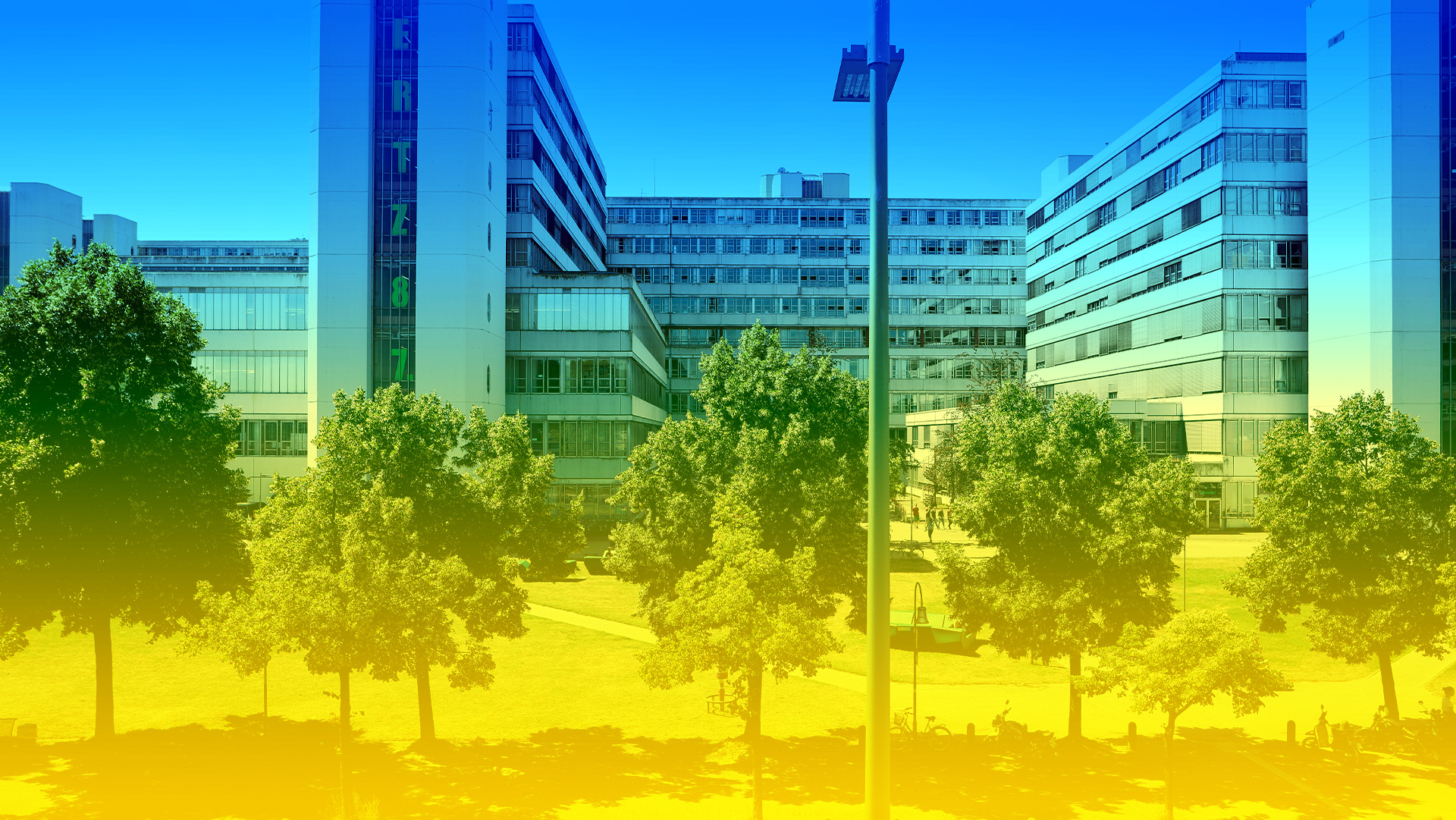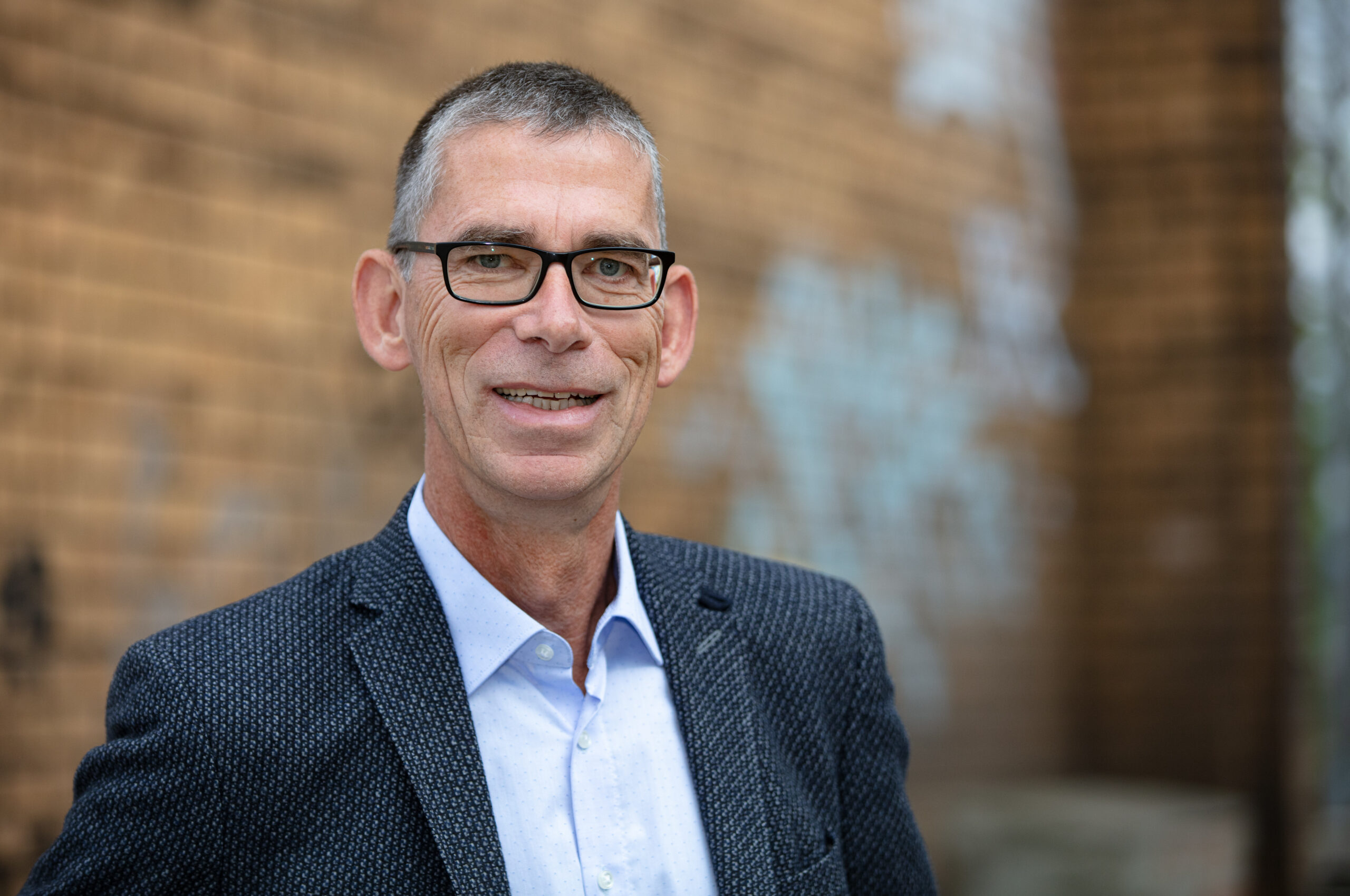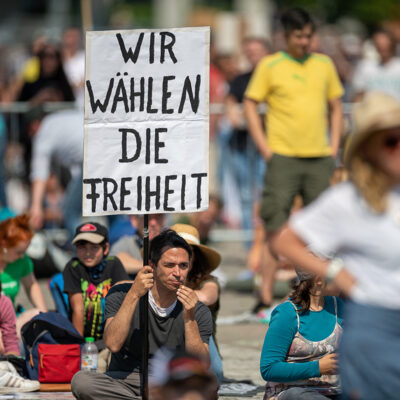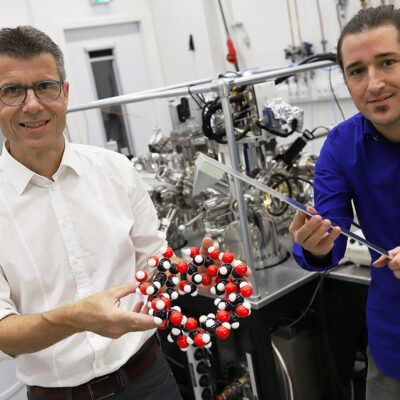Warning: Undefined array key "imageid" in /data/instance/wordpress-6.7.1/wp-content/themes/wp-unibi-theme-2021-1/functions.php on line 405
‘The European Union lacks standards for providing healthcare to refugees,’ explains public health researcher and epidemiologist Professor Oliver Razum, MD, of Bielefeld University. By applying the Temporary Protection Directive, the EU was able to provide governmental support to Ukrainian refugees within a very short period of time – a remarkable decision, according to Razum. ‘Being a refugee can be detrimental to one’s health,’ says Razum. Many refugees from Ukraine were fortunate to be accommodated in private homes. ‘The situation, however, remains critical in many refugee centers.’ In the following interview, Oliver Razum speaks about the difficulties faced by Ukrainian refugees in their host countries, and how the war is impacting public health.
Across Europe, many refugees from Ukraine have been housed in communal shelters. What risks do these types of accommodations entail, particularly when it comes to Covid-19 and other infectious diseases?
Early in the Coronavirus pandemic, it quickly became clear that refugee shelters were becoming hotspots for infection. Bielefeld researchers were able to demonstrate this in a study. The close physical proximity among people in such shelters facilitates the spread of infectious diseases among residents. Many people have to live together in limited space, sharing kitchens, bathrooms, and showers. Communal accommodations also increase the risk of transmission of measles or tuberculosis – both of which are transmitted via airborne droplets.
At a conference last year held at Bielefeld’s Center for Interdisciplinary Research (ZiF), you and your colleagues discussed the challenges associated with accommodating refugees. What problems do you see in addition to the increased risk of contracting infectious diseases?
Being forced to live together in confined spaces brings about many other kinds of hardships, including psychological problems. While the daily needs of refugees are provided for, there are many refugees, such as those from Syria, who do not benefit from the EU Temporary Protection Directive and who therefore are not afforded the opportunity to structure their own day-to-day lives – things like food, work, and leisure. These refugees are also generally required to reside in officially designated accommodations facilities. This residency requirement curtails their freedom of movement. At times, this restriction was made even more extreme by quarantine orders that were imposed on entire facilities, meaning that residents were not allowed to leave their rooms for days on end. Add to this the fact that refugees are not allowed to work, at least in the beginning. This also prevents refugees from taking control over their own lives in their host country. The lack of privacy and personal space for people living in refugee accommodations is often associated with physical, psychological, and sexual violence. This violence is often directed at residents belonging to a minority group – people being attacked, e. g. for their sexual or national identity.
Which similarities do you see when you compare the refugee situation from 2015 with that of 2022?
In both cases, German and European authorities were too late in preparing to take in a large number of refugees. In both cases, the writing had been on the wall for a long time beforehand. Since 2012, increasing numbers of refugees had been coming from Syria and African countries, making their way across the Mediterranean Sea to seek protection in Europe. Ukraine had been on the receiving end of Russian military operations since at least 2014 – and these attacks had been escalating before the war of aggression was launched in February 2022. The point is this: today, as was also the case 7 years ago, Europe lacks coordinated standards for providing healthcare to refugees. How are we to know which healthcare interventions, such as certain vaccinations, should be prioritized for refugees? What assistance do refugees receive if they have individual health problems that need treatment? An EU directive on this was issued specifically for refugees from Ukraine; nevertheless, they sometimes have to apply for healthcare vouchers at the social welfare office before they can receive medical attention. This changed on June 1st. Healthcare for refugees must be fair and it must be uniformly regulated throughout the EU. One concrete measure would be to introduce a universal electronic healthcare card for refugees without unfair restrictions to benefits. This would also help reduce barriers to accessing the healthcare system.
Has the experience of the 2015 refugee crisis also led to improvements?
Yes, immediately after Russia invaded Ukraine, the EU directive mentioned previously was quickly put into force, thus granting immediate protection to refugees from Ukraine in the European Union. Ukrainian refugees are not subject to a residency requirement, which allows them to move around and, for instance, stay with family or friends living in different EU countries. In 2015, in contrast, Germany and other EU states insisted on the Dublin Agreement, under which refugees must apply for asylum in the first EU country they enter. The majority of Syrian refugees arrived in the European Union via the Greek islands. Instead of quickly departing from their points of arrival and being redistributed to other EU countries, many thousands of refugees ended up stuck in temporary reception camps on the Greek islands for months or even years.
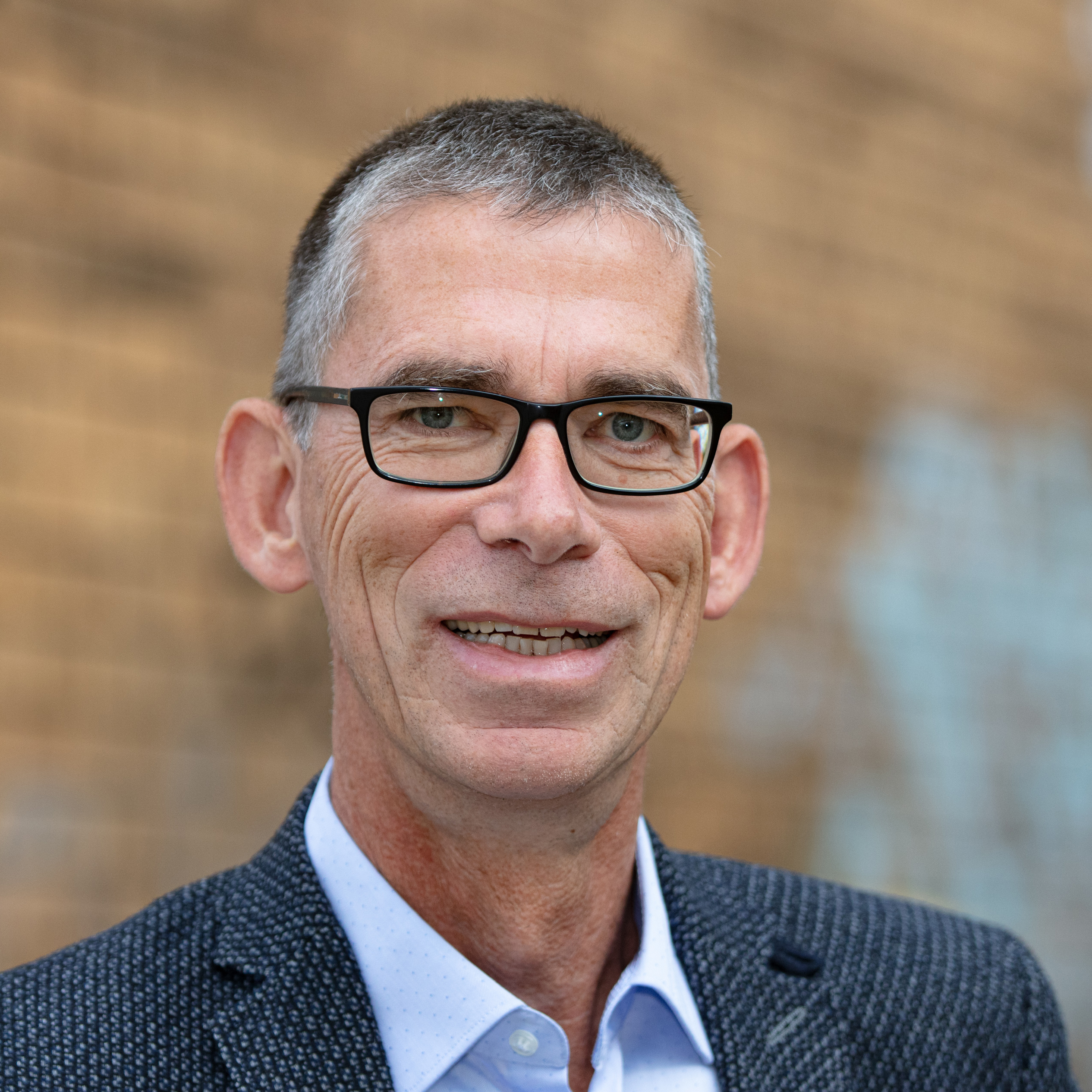
In the future, public health researchers ought to devote much more attention to peacekeeping as a means of protecting health. This is going to be a major challenge.
What needs to be done now to help the Ukrainian refugees?
Refugees from Ukraine are very unequally distributed among European countries. Most have travelled into the EU via Poland, though Romania and Hungary have also taken in large numbers of refugees. This is why it is essential to support public life and civil society in these and other countries. They need money to fund relief efforts. They need mobile housing units to provide decent shelter to refugees. Refugees in all countries – not just from Ukraine – need to be able to participate in public life. As soon as possible after arriving, all refugees must be allowed to take language classes and pursue work that fits with their expertise and professional experience. For this, previous degrees and certifications from schools, companies, and universities must be recognised.
War and displacement are traumatic. Some refugees need psychological treatment to help them come to terms with their experiences. This is especially true for children. One positive development is that thousands of private citizens have opened their homes to refugees. This not only provides refugees with a safe environment, but the people who have taken them in will also help their guests find their way in their host country.
How can you and your colleagues in public health help to manage the detrimental consequences that the war in Ukraine is having on people’s health?
One of our most important tasks is (and remains) coming up with solution-oriented proposals for making healthcare more accessible. This is an important step towards reducing discrimination against refugees, irrespective of their country of origin. We try to help by advocating for housing of the highest possible quality, which should also be as unrestrictive as possible. Another pressing issue is the impacts of the sanctions against Russia on health. These sanctions are affecting the health of people in Europe, due to, for instance, rising inequality and the decreasing affordability of healthy food. On a global scale, the negative consequences of this are even more severe. Grain exports from Ukraine and Russia are being jeopardized by the war, which is having a massive impact on global food supplies, especially in the poorer countries of Africa and Asia.
And, of course, public health in Russia is also being affected, for instance, if medicines can no longer be imported into the country. This poses a dilemma for researchers who work in the field of public health, and thus advocate for public health. On the one hand, we are seeking to ensure that the people of Ukraine are protected from the Russian war of aggression. On the other hand, the sanctions used to achieve this goal are having negative health impacts for populations in many countries. How should we deal with this dilemma? In the future, public health researchers ought to devote much more attention to peacekeeping as a means of protecting public health. This is going to be a major challenge.
About the Series
In this series, researchers from Bielefeld University bring their disciplinary expertise to bear on their assessment of the war in Ukraine. Previously published interviews:
- Professor Dr Andreas Zick (23.03.2022): ‘We need to know where more violence is brewing’
- Professor Dr Frank Grüner (31.03.2022): ‘Putin is distorting history for his own ends’
- Professor Dr Véronique Zanetti (14.04.2022): ‘A nuclear war must be avoided at all costs’
- Dr Leif Seibert (23.05.2022): ‘Putin and Kirill benefit from mutual legitimation’
